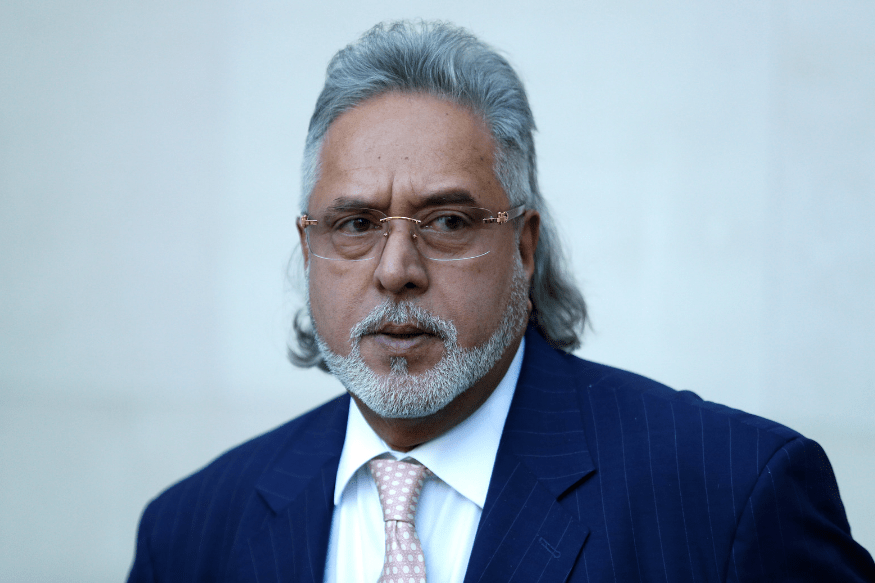The Supreme Court on Monday directed the Delhi, Uttar Pradesh, Haryana and Punjab governments to explain steps taken by them in compliance with directions issued by Commission for Air Quality Management in the National Capital Region (NCR) and adjoining areas to curb air pollution and sought compliance reports from them.
A bench of Chief Justice of India NV Ramana, Justice DY Chandrachud and Justice Surya Kant directed the Centre to respond to issues related to construction activities including the Central Vista project under its domain.
Senior advocate Vikas Singh, appearing for the petitioner, that construction activities for big projects like the Central Vista are going on in full swing and such a project cannot be “more important than the lives of citizens”.
To this, the Bench observed, “The question is how we are struggling as to how to control the pollution and whether it is Central Vista or polluting industries or the states… Do you think that we do not know anything? We also know everything. Don’t flag certain issues which ultimately lead to a situation where the main issue is diverted.”
Asking the Solicitor General to respond on continued construction activities of Central Vista the Bench said, “Vikas Singh has raised certain issues regarding construction activities in Delhi, we direct the Solicitor General to file an affidavit or get instructions about the areas which fall under the Central government domain.”
The Court has sought the response of the Solicitor General on construction in Delhi aspect. The top court now posted the matter for hearing on December 2.
The top court was hearing a matter seeking emergency steps to control the worsening air quality situation in the national capital.
The Bench also directed the State governments to show compliance with the directions issued by the Court on November 24 to disburse the welfare funds to construction workers, whose livelihoods get affected due to the ban imposed on construction activities.
The top court observed that the intentions of the Commission are good and directions are given but the “result is zero”.
Earlier on November 24, the top court had said that the air quality crisis in Delhi calls for a scientific study and suggested a statistical-based model on wind patterns to take advance measures to curb air pollution in Delhi-NCR before the situation deteriorates.
It had said that advance measures must be taken to deal with Delhi”s air quality crisis.
The top court had also observed that when the weather becomes severe only then governments take measures to control it.
The top court is hearing a plea seeking a curb on rising air pollution in Delhi.




